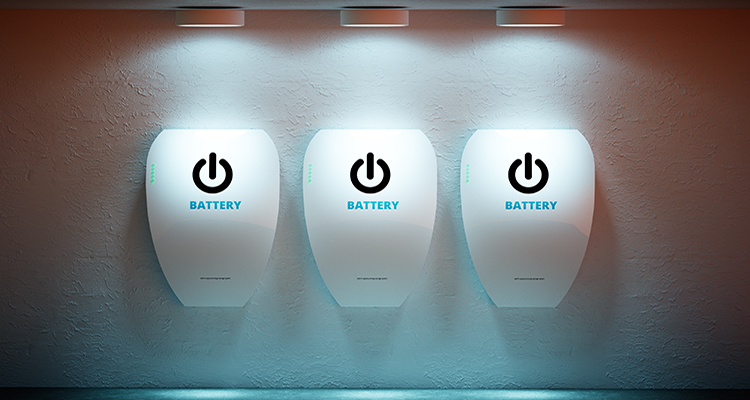Great energy storage potential awaiting new policies in UK
The UK has a remarkable potential for energy storage. However, for it to become usable, new policies need to be established to make the market more storage-friendly.
Last week, the Renewable Energy Association’s (REA) Energy Storage and Connected Systems conference took place in London. During this gathering, the UK-based REA emphasized Great Britain’s local, national and international great energy storage development potential.
Obstacles remain
Before this potential can fully unfold, though, there are still some obstacles in the way. While other countries, such as Germany, provide subsidies as a policy support, this is not in sight for the UK. Instead, they are considering following the model of the U.S., where no subsidies for storage deployment exist – an unwelcome development for storage stakeholders who are already suffering from Great Britain’s deprecated and complex regulations. This situation proves once more how important it is for the government to coordinate innovations and investors’ needs.
Three current energy storage business models in UK
As per now, there are three energy storage business models used in the UK, or so Jonathan Cohen, head of energy storage at global law firm Eversheds Sutherland, explained to pv magazine.
The first model focuses on supporting the grid, while the second one supports projects that are co-located with renewable energy projects. However, as there is no clear definition regarding the connection between existing renewable energy support schemes and storage projects, it complicates business planning and revenue. Also, as Cohen and other experts have remarked, projects intending to benefit from either of the first two business models are seldomly bankable due to unclear and deprecated regulations.
The third model targets projects behind the meter. Cohen said that this is where his firm sees a strong interest among industrial power users that want to complement their renewable power systems, which are usually solar PV.
Energy storage definition needed
At the time being, there is no clear defintion in the UK regarding the question if energy storage is an asset or a service. All presentations and experts at the conference agreed that it is crucial to determine this.
„Currently, the principal legislation governing the U.K. electricity sector is the Electricity act 1989, which does not refer to electricity storage. Effectively, this means that storage facilities are treated like a generation asset, and since the electricity market is regulated, storage projects need a license. The exemption to this is storage projects with an output of no more than 10 MW, or 50 MW in the case of a generating station with a net capacity of less than 100 MW,“ pv magazine explained in a recent article.
Furthermore, both transmission and distribution grid operators are currently forbidden from owning storage assets, thus a definition would help strengthen the market by affecting this.
Third business model currently most solid
The third business model is the only one with a clearer definition. It focuses on the end consumer and intends to bring solar to more and more households with smart meters and appropriate battery systems.
The UK government intends to have every household equipped with a smart meter by 2020 – a very ambitious goal. Still, as utilities in Great Britain offer the installation of a smart meter to every household for free, a corresponding foundation is laid. Because some utilities have increased the electricity fares – based upon the cost for this free service – even more households may decide to go solar.
Meanwhile, the UK government will provide further informaiton regarding the result of this call for action in spring.
Title image: petrmalinak/shutterstock





